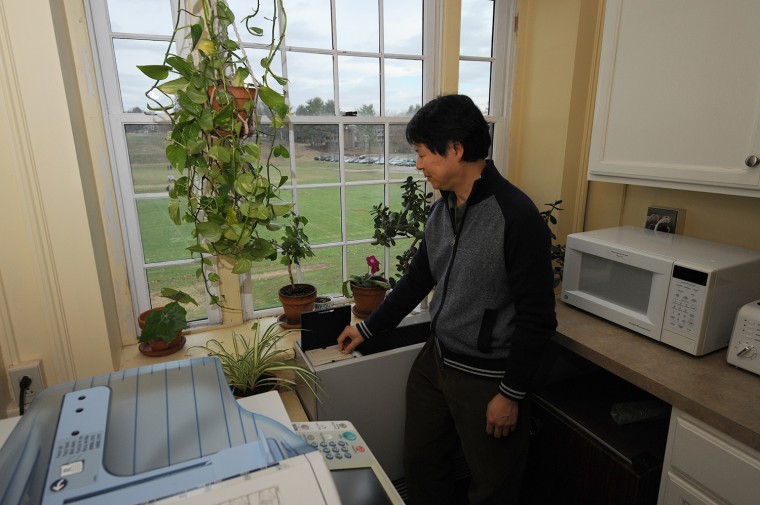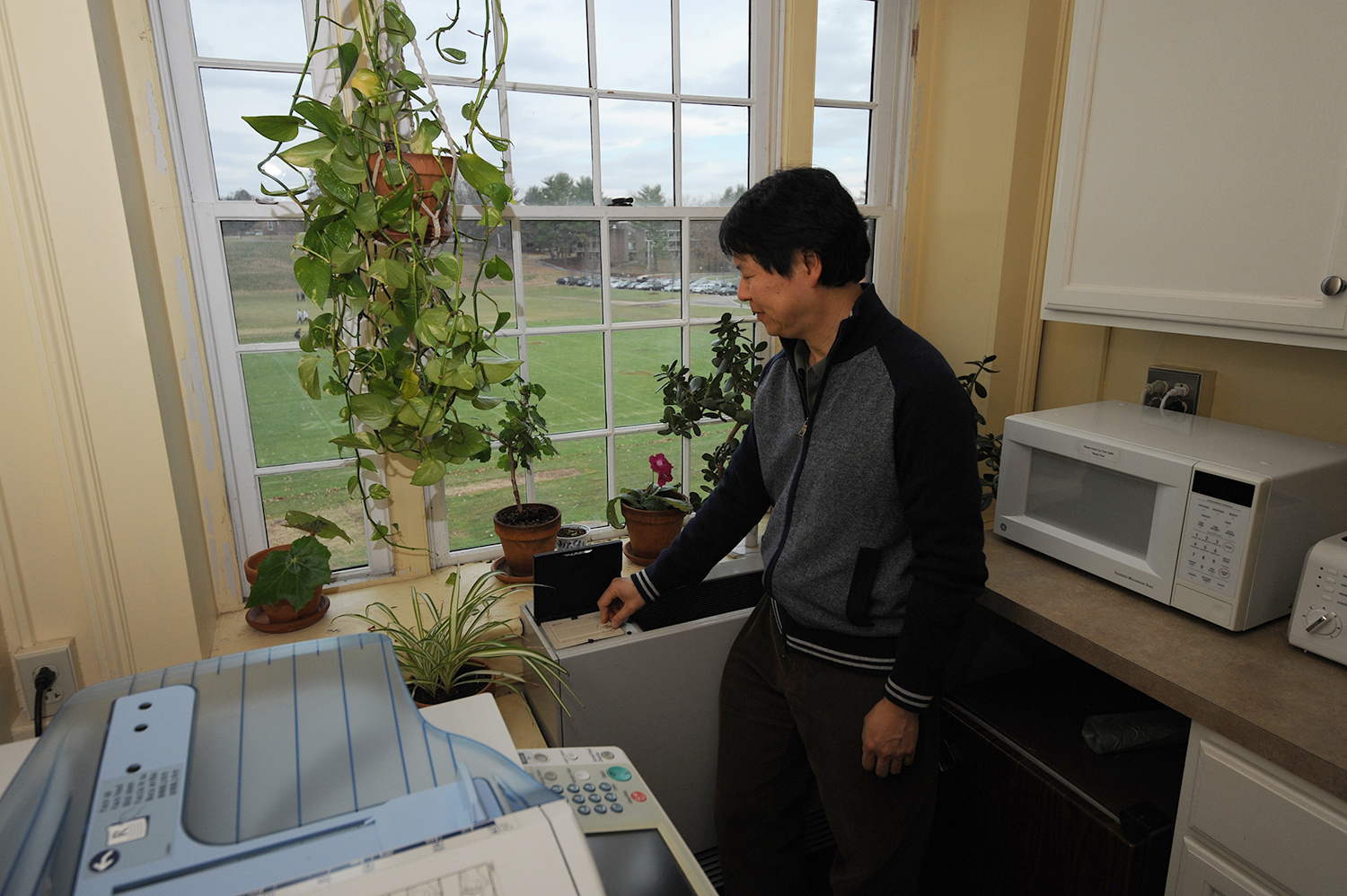New Energy Conservation Policy Promotes Environmental, Financial, Social Sustainability


A new Energy Conservation Policy, adopted by Physical Plant and the Office of Sustainability, will ensure that Wesleyan’s energy use is consumed in the most sustainable manner possible while maintaining indoor temperatures that are safe and comfortable for teaching, research and operational purposes.
The policy aims to minimize the university’s energy consumption and direct/indirect carbon dioxide emissions while defining standards for reasonably comfortable indoor environments within each building. The policy promotes environmental, financial and social sustainability.
“These new standards have the potential to reduce winter fossil fuel and summer electrical consumption by approximately 13 percent, with a corresponding decrease in carbon equivalent emissions,” said Peter Staye, director of utilities management.
During the winter months, the guidelines suggest unoccupied buildings are kept at a minimum of 65 degrees, and are set at 68 degrees (without reheat systems) or 70 degrees (with reheat systems) while occupied. Buildings with reheat have systems that cool down incoming air to dehumidify it and then reheat it to the desired temperature. In these buildings, not reheating air saves energy, so these buildings have cooler summer temperatures than buildings without reheat. Reheat buildings include 41 Wyllys, Allbritton, Fisk, Olin, Usdan, Fayerweather and the Science Library.
To view the full temperature range see this chart.
As part of the policy, the Sustainability Office offers several Comfort Suggestions to maximize personal comfort and energy efficiency, including:
- Do not use a space heater unless it is needed to maintain temperatures within the ranges above.
- Wear seasonally appropriate clothing and dress in layers. Shorts will be permitted in the summer.
- Keep furniture at least 6 inches from all thermostats and vents.
- Move computers, lamps, and other heat-generating equipment away from the thermostat.
- Adjust blinds based on season and time of day.
- Close windows and exterior and vestibule doors if heat or air conditioning is on.
- Put down storm windows during the winter (if applicable).
- Use table or floor fans for additional cooling.
- Swap workspaces with a coworker.
In addition, Wesleyan may begin “Sweater Days,” an environmentally friendly, economically viable, socially equitable and healthy energy conservation awareness and action campaign.
“Think of your sweater as a portable personal heater you don’t plug in,” said said Jen Kleindienst, sustainability coordinator. “Layering clothing is the recommended way to keep the thermostat steady, while staying comfortable throughout the day. Everyone is invited to keep university energy consumption and costs lower during the winter months.”
The Sustainability Office is open to additional suggestions. For more information on the new Energy Conservation Policy, e-mail Peter Staye.

